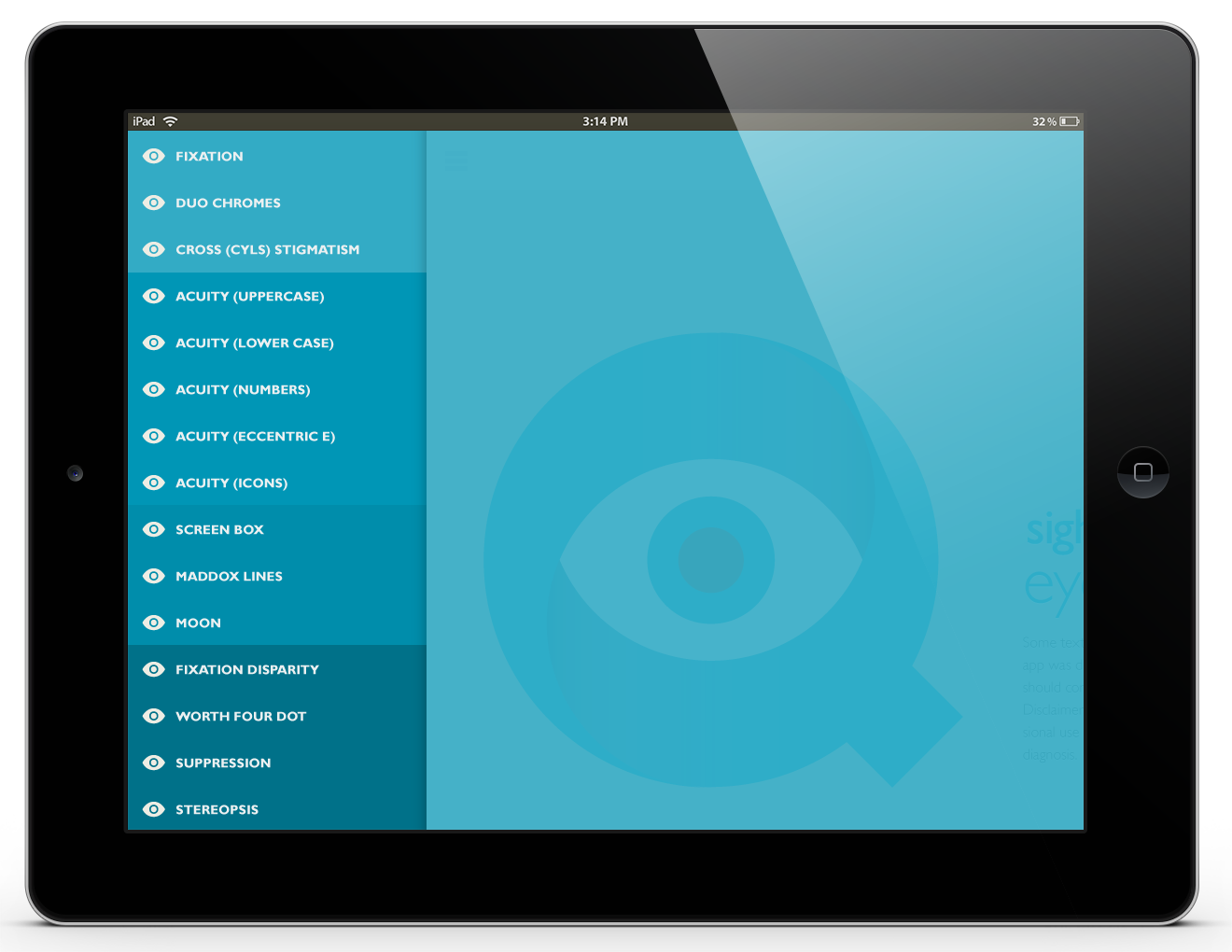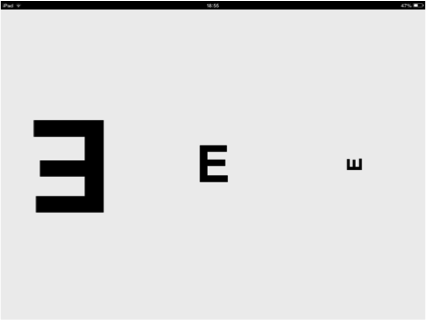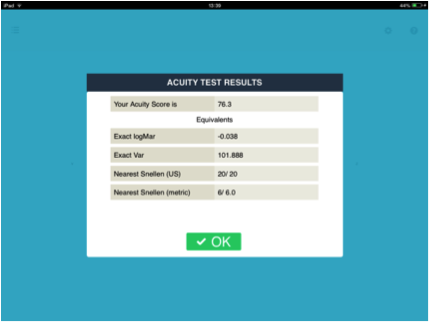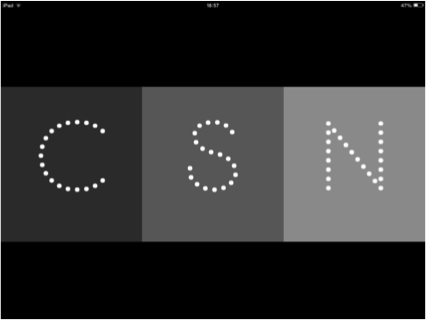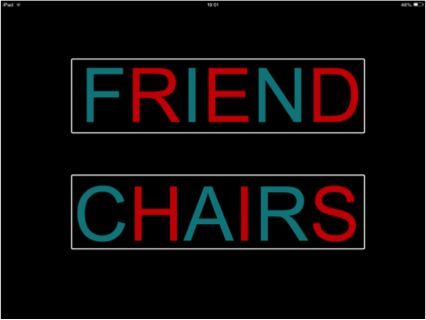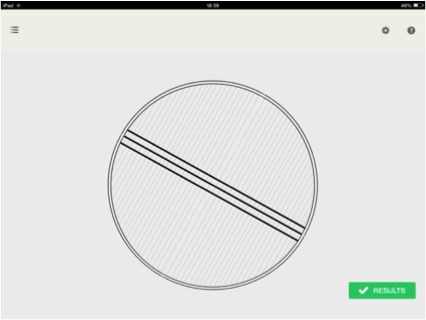
Graham O'Regan
BSc FCOptom Optometrist
Graham graduated from Cardiff School of Optometry in 1977, having previously gained a degree in Applied Physics at the University of Coventry.
A particular interest in Visual Perception and Psychophysics led to his first computer test chart in the late 1980s using Microsoft Windows. He has gone on to develop specialised optometric tests for use on a lap-top computer. These have enabled optometrists worldwide to perform accurate vision assessments in the patient’s home, including visual fields and macular integrity assessment.

Prof. John Nolan
Fulbright Scholar, European Research Council Fellow and Howard Chair
Professor John Nolan is the Principal Investigator of the Macular Pigment Research Group, Waterford Institute of Technology, Ireland. Professor Nolan has successfully supervised 10 students to MSc and PhD level qualifications. His multidisciplinary research team is now the largest group studying the macular carotenoids in the world. He has presented at over 60 international scientific conferences and has published 60 peer-reviewed scientific papers on the topic.

Prof. Stephen Beatty
Consultant Ophthalmic Surgeon
Professor Stephen Beatty is the Director of the Macular Pigment Research Group, Waterford Institute of Technology, Ireland. He graduated from the Royal College of Surgeons in Ireland in 1990, and trained as an ophthalmic surgeon in Dublin, Manchester, Birmingham, London and Geneva. He has been a Consultant Ophthalmic Surgeon with a special interest in retinal disease since 2001. He is currently working as Ophthalmic Consultant in the Institute of Eye Surgery, Whitfield Clinic, Waterford, Ireland.

Robert Kuchling
DVM
Robert graduated in veterinary medicine from the Humboldt University (Berlin) in 1990. He has worked in different management positions on the international market for ophthalmic pharmaceuticals and diagnostic devices for nearly two decades . He has a special interest in chronic eye disease and the development of innovative tools for the support of eye care professionals in the prevention of those diseases.
Robert has been the Managing Director of SightRisk Ltd. since 2011.
